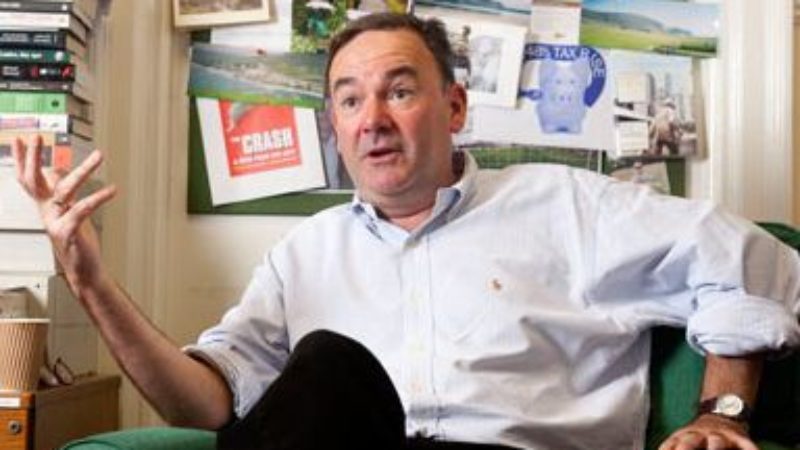
Jon Cruddas told the Local Government Association today that a Labour government “will reduce costs on the public purse by reconfiguring services and reforming the economy”. Its approach, he said will be based around three organizing principles:
1) Power for local people, to shape their services and communities
2) Investment for prevention, to avoid the costs of failure
3) Collaboration between public bodies, not wasting money on bureaucratic duplication
All three principles are important but the second is potentially transformational. It isn’t always possible to prevent a problem from occurring but where it is possible it is almost always preferable. The Audit Commission have shown how a child with behavioral problems at 5 and dealt with through the criminal justice system will cost £207,000 by the age of 16. Alternative interventions diverting them from crime cost £47,000. From youth offending, to homelessness, literacy and numeracy, drug or alcohol abuse, debt, domestic violence – the evidence is the same, earlier action yields a triple dividend – thriving lives, costing less, contributing more.
Current spending trajectories particularly in health and social care will soon be unaffordable if they aren’t already. More broadly our patterns of consumption are environmentally and economically unsustainable. Applying the preventative principle that Cruddas describes would involve removing the structural obstructions that get in the way of this common sense approach. What might that look like? Heres some suggestions to start the ball rolling:
- A more ambitious role for the Office of Budget Responsibility. As its chairman Robert Chote has noted “By international standards, the OBR has a relatively narrow remit, focusing on fiscal rather than broader policy analysis. ….we confine ourselves to analysis of the current policies of the current government”. “It will” Chote said “be interesting to see if there is any demand for the OBR to look at alternative policies once we have established ourselves”. A Labour government should respond to the chairman’s hint and ask the OBR to examine longer term plans and options
- A Ten Year Test for all spending decisions across government, so that the implications over ten years are assessed as far as possible and made transparent – including where costs or benefits fall to others.
- New statutory duties on public bodies to apply the Ten Year Test and to collaborate with other bodies. The Welsh government is introducing legislation to make sustainable development its central organizing principle. The UK government should do the same.
- Protection for preventative spending. Early action spending forestalls future liabilities and creates growth. It is an investment and should be treated in the same way as capital investment. and protected against short term raids
- New, pooled, early action funds, formed from existing budgets, and other mechanisms to enable collaboration and investment. The Community Budget principles of “joint investment agreements” and “social profit sharing” could be applied more widely. This might include Responsibility Charging – fining organisations that push costs on to others – and rewards or “prevention premiums” for organisations whose early action saves money in other parts of government.
- And, finally, as we’ve suggested before on this blog Ten Year Spending Plans published in each Spending Review. Each should include firm plans for the first few years, as now, and the implications of every spending decision, over the next ten years..
Over time and in aggregate these and other systemic measures would breath live into Cruddas’s preventative principle and establish the capability for a different kind of politics, a different kind of government and a different kind of society – one that valued sustainable solutions above




More from LabourList
Tom Belger column: ‘Why is Labour making migrant exploitation easier?’
Ashley Dalton resigns as health minister for cancer treatment
Paul Nowak column: ‘Labour must focus on the basics’